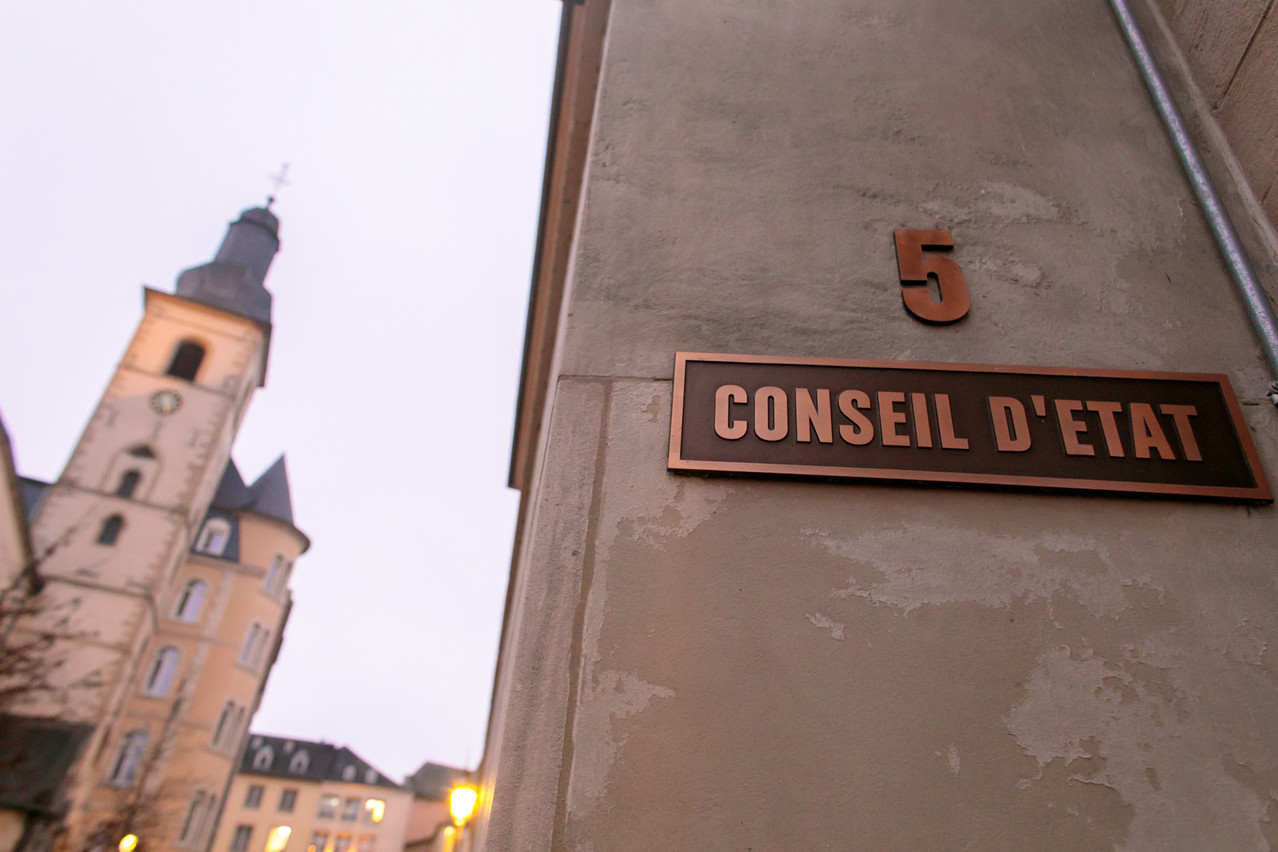The road to hell is paved with good intentions. The same applies to the drafting of bills.
While the Council of State does not question the threefold objective of bill 8082, which is to reform the current property tax law and combat the housing shortage by creating two new national taxes--the land mobilisation tax and the tax on the non-occupation of dwellings--it does have a number of reservations about the legal framework.
These reservations are formal objections. There are around ten of them in the opinion issued on 13 June, which highlights either imprecisions “sources of legal uncertainty” or inconsistencies. “Some of the rules set out in the legislation do not meet the criteria of clarity and accessibility required by the constitution,” the opinion states.
Three taxes, one system
The Council of State considers that “the text of the bill under review does not take sufficient account of the procedural complexities of the matter and does not draw the necessary conclusions when setting up the taxation procedure for the three new taxes, which, moreover, are not limited to the choice of conferring specific tax powers on the minister of the interior, but go far beyond that. In fact, the text under review attempts to introduce, in a matter that is exclusively fiscal in substance, and by means of a hybridisation of procedures, a mixture of elements from the administrative procedure (non-contentious and contentious) with the imperatives of the traditional fiscal rules in this area.”
Rather than asking the government to adapt its text in order to overcome its formal objections, the council is calling for a complete rewrite of the draft, “in order to provide it with a uniform procedural regime for the three taxes, including the issue of appeal procedures.”
Political setback
This is not just a legal setback, but also a political one for the government, which had initiated the emergency procedure for this project. Bringing the text back into line will require a great deal of work on the part of the ministry of the interior. The amended text will then have to go before the committee and will require an additional opinion from the Council of State. All these deadlines make it unlikely that it will be put to the vote before the end of the current parliamentary session, or even the legislative term.
It’s a failure that the coalition’s political opponents should not fail to exploit.
It is true that the subject of property taxation is divisive in a society of owners. Aware of these reservations, the government proclaimed at the time of submitting its draft that “the aim of the reform is not to increase tax revenues.”
These precautions led the council, again in its opinion, to remind the government along the way that “the primary purpose and financial function of property tax is to provide resources for the benefit of municipalities.” And that once reformed, the tax will generate a range of revenues of between €33.8m and €41.3m, “i.e., an increase in revenues compared with those currently collected through property tax.”
The reform will therefore have a cost.
This story was first published in French on . It has been translated and edited for Delano.
